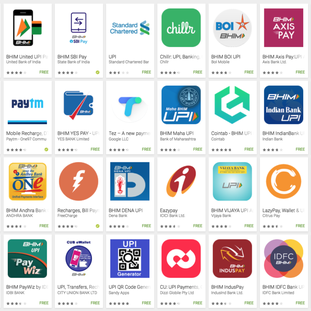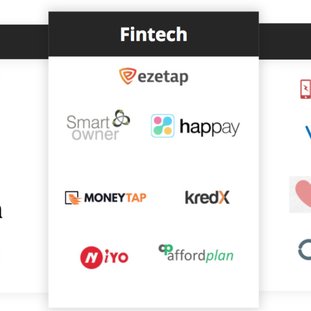Why I'm an anti-anti-portfolio VC!

VCs are often asked the question about their “anti-portfolio” i.e. companies they passed up the opportunity to invest in when they had an opportunity to and which, in hindsight, turned out to be great investments. Worse than that is when when one chooses to invest in a company that doesn’t do well but their direct competitor ends up rocking! VCs are after all rewarded when their investments give outstanding returns. But, we are also in a business where we often meet more than 100 times the number of companies we actually invest in.
At the seed-stage, any investment is a judgement call of the entrepreneurs, market opportunity, business execution, competitive landscape, board involvement and dynamics and last, but not least, luck and serendipity. Secondly, any early-stage VC is more than a check-writer. It’s a profession where one plays the role of a strategist, coach and also a friend, all the while working very closely with the founders. Several crucial conversations between VCs and entrepreneurs (not necessarily board meetings) play a key role in shaping the business, attracting the right talent, making the right business calls, etc.
“What if we had invested in TaxiForSure or Urban Ladder when we had the chance to?"
After all, we knew and saw them well before anyone else did and heck, Ashgo (Ashish Goel) and Rajiv from Urban Ladder sat in our office in the first three months of their ideation. The fact of the matter is that in neither case did we get the conviction to invest and it would be arrogant of me to assume that we had the opportunity to do so. And even if we had, who knows if those companies would’ve taken the same trajectory they did.
All dollars are not the same, all investors aren’t the same and making this comparison basically says investor money is a commodity!
It is however important to introspect. We need to see what we missed from a system or a process perspective, and like all things in life, try and learn. We need ask some important questions like did we not understand the business or the team? Were we too slow? Did we over-analyze? Did the market change and could we have anticipated it? Learning from these decisions are perhaps the biggest benefit of looking at the “anti-portfolio”.
As they say “Fool me once, shame on you. Fool me twice, shame on me”! Learn from the past, yes - but make your picks and bet wholeheartedly on them - never look back
About the Author -
Sanjay Swamy is an Entrepreneur & Early-Stage Fintech Investor! #DigitalPayments & #Financial Services Fanatic! #IndiaStack_Evangelist!
This article was originally published on Linkedin
Recommended articles
View AllChill! NO APP can share your #UPIPIN!
I read two articles that imply that WhatsApp's t's and c's indicate that it is sharing your UPI PIN with …
Read MoreHelmets On! It’s Launch Time for Prime3G!
We just raised 400Cr ($60M) in Fund 3 — and our “startup partnership” journey continues to delight & amaze!
We …
Read MoreIf you believe you are building the next big thing, let’s make it happen.





